
The gold industry is closely related to gold ore processing, because beneficiation technology is the key link in extracting gold from ore. Gold ore beneficiation refers to the process of separating valuable components from gold-containing ore through a series of physical and chemical methods. This technology not only directly affects the output and purity of gold, but also is related to the economic benefits and environmental protection of mining enterprises. In modern mining, as the grade of ore gradually decreases, advanced gold ore processing technologies such as flotation, gravity separation and cyanidation have become necessary means to improve gold recovery. The following will introduce you to the gold ore crushing, grinding, gravity separation, flotation and cyanidation processes.
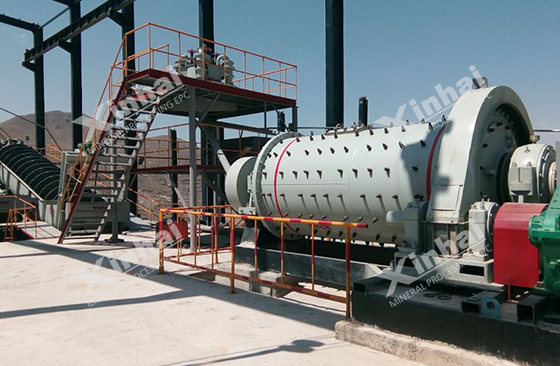
The cost of crushing and grinding in gold ore processing accounts for about 40%-60% of the total cost of mineral processing. Therefore, how to improve the efficiency of crushing and grinding and reduce energy consumption and production costs is the key to promoting the continuous development and progress of this technology. The occurrence state and embedding relationship of minerals in refractory ores are also important factors that promote the development of crushing and grinding technology.
In order to effectively separate gold ore and gangue minerals while reducing production costs, it is crucial to select appropriate processes and mechanical equipment. "Crush more and grind less", as an important strategy for energy saving and consumption reduction that is generally recognized in the field of crushing engineering, has become the key to improving production efficiency and reducing costs. The design of gold ore crushing equipment tends to achieve large crushing ratios and ultra-fine crushing. This trend not only reduces the particle size entering the grinding process, but also significantly improves the processing capacity and efficiency of the ball mill.
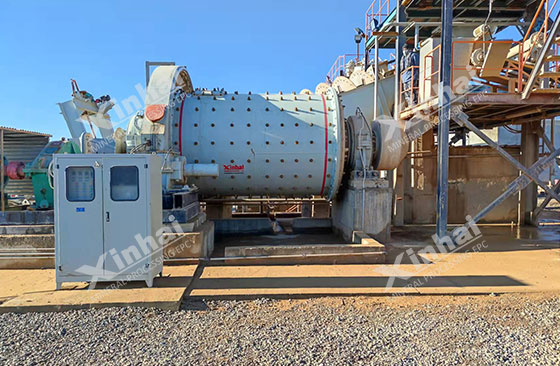
In the grinding stage, common grinding methods include autogenous grinding, semi-autogenous grinding, and semi-autogenous grinding-ball milling. Different grinding methods form a closed-circuit system that cooperates with the crushing process, thereby improving the efficiency of the overall production process. In production practice, large-scale semi-autogenous grinding-ball milling systems improve grinding efficiency by reducing the cost of crushing and grinding. In particular, when this system is used, due to its optimized process and equipment configuration, it can effectively reduce production costs while improving the processing capacity and concentrate quality of gold ore.
Gravity selection is not only a traditional gold ore processing method for gold-bearing placer ores, but also an effective means for rough selection of free gold and extremely low-grade materials. In recent years, the application of gravity selection technology in rock gold mines has developed rapidly, mainly showing the following advantages:
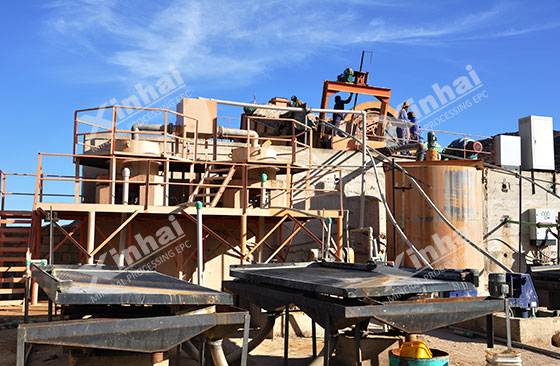
1. Under coarse grinding conditions, gravity selection can efficiently recover monomer gold and directly produce finished products, which improves the capital turnover rate and does not pollute the environment.
2. The priority extraction of coarse gold by gravity selection technology can effectively avoid the loss of metals in tailings and ensure the maximum recovery of resources.
3. After pre-extracting coarse gold, the chemical leaching time can be greatly shortened and the consumption of cyanide can be reduced, which optimizes the economy of subsequent processes.
4. Compared with flotation concentrate, the smelting recovery rate of gravity concentration concentrate is significantly higher, which improves the recovery efficiency of the final metal.
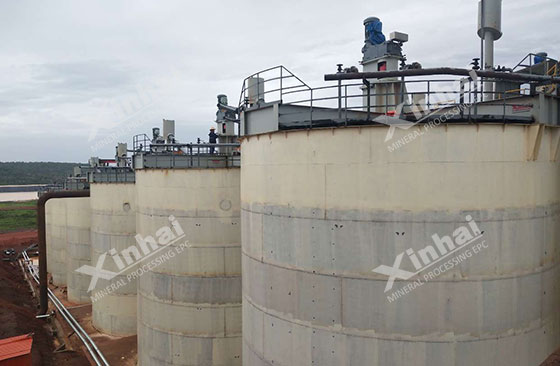
Gold ore cyanidation technology is the most widely used gold extraction method in current mineral processing plants. Its core is to use cyanide to react with gold in gold ore to form a soluble gold cyanide complex, thereby achieving gold extraction. How to shorten the leaching time, further increase the leaching rate and reduce cyanide consumption are still key issues that require continuous research and improvement in cyanide gold ore processing technology.
In recent years, the development of cyanide technology has reached a high level internationally. New cyaniding agents, optimized reaction conditions and efficient treatment processes continue to emerge, significantly improving the recovery efficiency and economic benefits of gold mines. At the same time, improvements in environmental protection measures, such as the treatment and reuse of cyanide wastewater, have also provided strong support for the sustainable development of cyanide gold extraction technology.
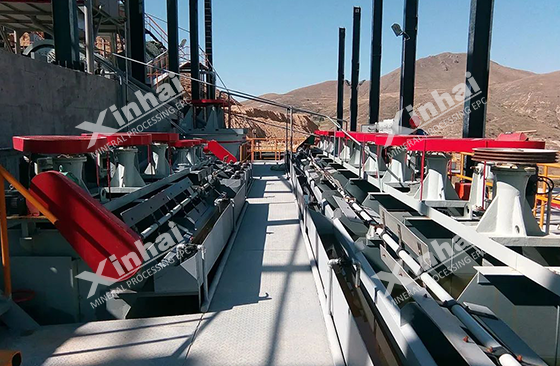
Gold flotation technology is a key gold separation method specifically designed to process fine-grained gold ores. This technology can significantly improve the separation efficiency and recovery rate of gold mines by using specific flotation reagents. In recent years, the continuous optimization of flotation reagents and process improvements have enabled gold mine flotation technology to make significant progress in improving gold extraction effects and reducing operating costs. In addition, new reagents and improved flotation processes are also constantly promoting technological upgrades, allowing them to maintain efficient processing capabilities and economy when facing complex ores and low-grade gold mines. These developments not only improve the comprehensive recovery rate of gold mines, but also promote the sustainable development of gold mine resources.
The heap leach process is considered the most economical method of extracting gold. At present, the production scale of heap leaching in various countries around the world has become large-scale, and heap leaching technology has developed in depth. Rich experience has been accumulated in aspects such as heap leaching process research, engineering design, construction design, production control, environmental protection measures, and economic evaluation. It has become one of the important gold extraction methods in modern gold industrial production.
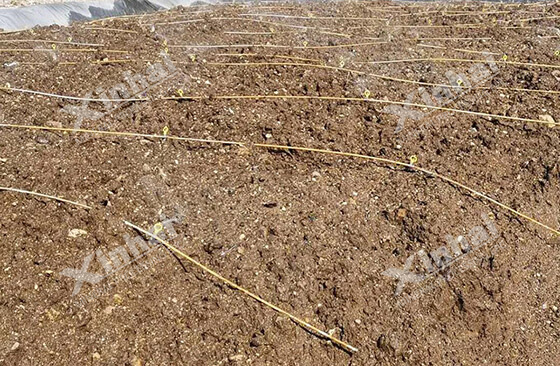
In the gold industry, gold ore processing technology plays a vital role. From crushing and grinding to gravity separation, flotation, cyanidation and heap leaching, each process is continuously optimized and developed to improve gold recovery, reduce production costs, and reduce environmental impact. With the continuous advancement of technology, the gold ore beneficiation process has not only significantly improved economic benefits, but also achieved breakthroughs in environmental protection and resource utilization. In the future, with the continuous emergence and application of new technologies, we can expect that the gold ore beneficiation process will be more efficient and environmentally friendly, making greater contributions to the sustainable development of the global gold industry.
To find out more about our products and solutions, please fill out the form below and one of our experts will get back to you shortly.